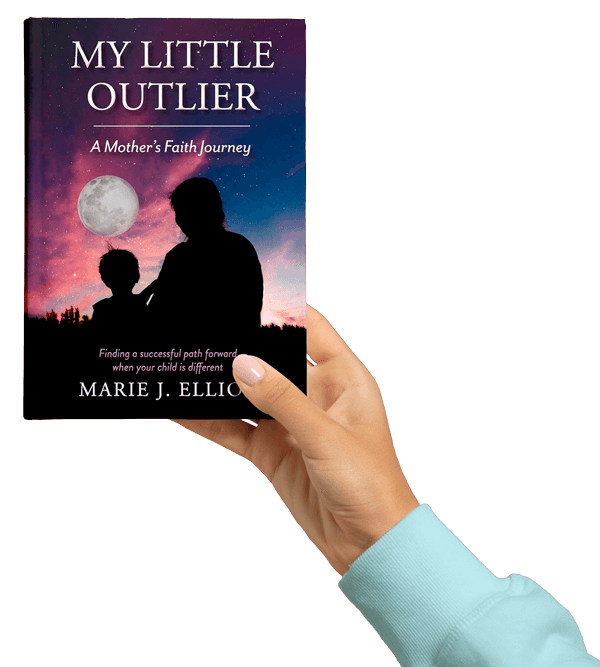As parents, we’re constantly juggling a million things. When you’re a parent of an “Outlier” a child with unique needs and challenges that juggling act becomes even more complex. We’re always looking for tools to make our parenting journey a little smoother, a little clearer. Over the years, I’ve tried many different approaches, and one stands out as a true game-changer: journaling.
You might be thinking, “Journaling? I barely have time to brush my teeth!” I get it. But hear me out. Journaling isn’t about lengthy essays; it’s a powerful tool for collecting crucial information, gaining insights, and even finding an outlet for your own feelings.
Journaling: Your data collection tool
Think about how much we rely on data in other areas of our lives. In the world of AI, for example, good data is essential for good outcomes. The same applies to understanding our Outliers. Our memories, while precious, are short-lived, especially when we’re navigating a busy life. That’s where a journal becomes invaluable.
I started journaling in 2009, and it has been a consistent source of clarity and support ever since. It provides a detailed record of events, allowing me to analyze situations and gather supporting information. It’s not about adding another burdensome task to your list; it’s about smart, efficient record-keeping.
Quick and easy journaling: No stress, No pressure
For those who have read my book, My Little Outlier – A Mother’s Journey Buy on Amazon, you’ll know that I dedicate a whole chapter to journaling. It’s also a key part of my workshops as well.
The beauty of journaling is its flexibility. You don’t need a quiet room or hours of free time. Here are some real-life examples from my own journal to show you how quick and simple it can be. Remember, there’s no “right” way to do this. Some days you’ll have more to write than others, and that’s perfectly okay. We’re not always at our best, and our best varies!
- October 4, 2009: Child had a meltdown when I said we couldn’t go to his favorite store on Saturday. Major meltdown. Told him 5 mins to vent. Upset I gave a limit. “Who told you to cut me off?” Explained it was for the good of all. Seemed fine after a big hug.
- October 6, 2009: Came home from work, child wanted to eat out. Said no. Threw a fit, went into avalanche mode. Mad, cut him short. Felt bad afterward. But got over it. He was fine.
- October 8, 2009: Picked up kids. The child was already upset, said he had a bad day. Felt nervous, “Here we go again” to myself. Frustrated, my evening plans are always ruined. He said he’d share after. But I was anxious, asked him to talk. Turned out to be fixable issues. Learned, moved on.
- October 13, 2009: Good day!
- October 27, 2009: Rough morning – Child lost ID card. So anxious about how to buy lunch/use the library without a card. Wouldn’t stop. Offered money/alternatives. Continued ranting. So frustrated I yelled. Took him to school. Went to the office, paid for new ID, and made sure delivered at lunch. Tough. Left me tired and frustrated.
Notice how these entries aren’t long narratives. They capture the essence of the event. I often used my cell phone notes so I could journal anywhere – sometimes while waiting to pick up my Outlier! Whether you prefer an electronic format or a physical notebook, the best method is simply the one you’ll use.
When you’re writing, try to pay attention to these key areas:
- Place: Where do these behaviors occur?
- Context: What events led up to the negative behavior?
- Players: Who else was involved in the situation?
- Interactions/People: What specific triggers (from people or things) make your child act a certain way?
- Child’s Triggers: What causes anxiety for your child?
- Frequency: What behaviors are repeating often?
Aim to capture the “who, what, where, and why” of an event
Unlocking Actionable Insights from Your Journal
After collecting entries for a week or two, take some time to review them. I remember looking back at two months of entries and being struck by what I saw. There were good days, not-so-good days, behaviors that worked, and responses that didn’t. It was fascinating.

As I continued to journal and review, patterns began to emerge. I noticed intriguing trends, like moments of manipulation, disobedience, and, significantly, pockets where my child could not genuinely handle certain situations (e.g., transitions, surprises, unclear expectations). This information was incredibly insightful. It was a huge relief to realize that not every challenge was due to my child’s inabilities, nor was it always a reflection of my parenting skills. This understanding brought immense relief, clarity, and hope that I could better navigate daily situations and create more positive outcomes.
Journaling is a fantastic troubleshooting tool and, over time, a powerful measure of progress. It provides crucial insights into how to fine-tune your approach and reveals triggers in your child’s environment and settings. It’s truly never too late to start! You can begin this journey at any point in your child’s life. While starting early has its benefits, “better late than never” absolutely applies here. You can still create positive outcomes and see results at any stage. It’s a great idea to keep writing throughout your journey and review your entries periodically – you’ll gain tons of valuable insights.
Journaling: Also an Outlet for You
Beyond its practical benefits, journaling also served as a profound outlet for my feelings and observations. It’s a form of venting that often leaves me feeling better, almost like talking to a trusted friend. When I felt overwhelmed or stuck, journaling helped me gain clarity. It was like brainstorming ideas with someone who truly understood. Sometimes, when my to-do list felt impossibly long, writing things down in my journal made it feel manageable. It was a lifeline during hectic and overwhelming times.
Start Journaling Today!
I’ve been journaling for over fifteen years now, and it continues to be a vital tool. It serves as detailed data for analyzing behaviors and events in my Outlier’s life, and it’s also a trusted friend for sharing feelings and challenges. Your journal can provide the data you need to draw meaningful conclusions and take effective action.
Make journaling a frequent habit, even if not daily. It can serve as an input for actions you need to take, changes you need to make, or how you need to advocate for your Outlier. It will give you clarity and provide a healthy outlet for your feelings. I wholeheartedly recommend you start journaling now.
What’s one small step you can take today to start your journaling journey?





